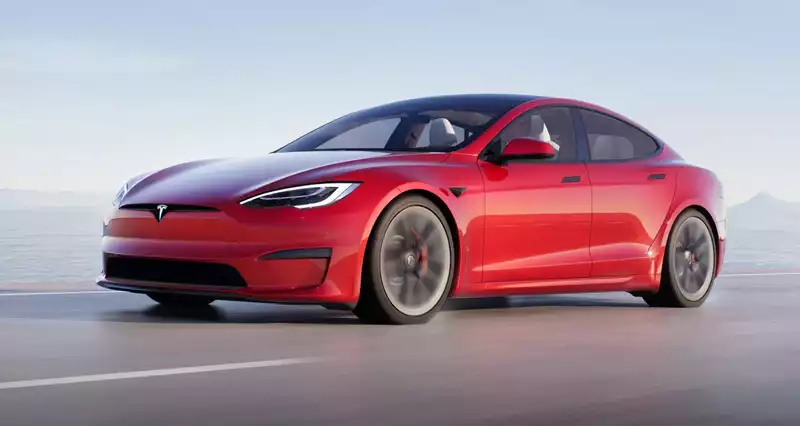A lawsuit alleging that Tesla used software updates to adjust charging speeds and maximum battery voltage in some Model Ss has ended. And Tesla has agreed to compensation.
According to the plaintiffs, the update in question was released in 2019 and affected roughly 1,743 vehicles. And Tesla has now agreed to pay $625 to the owner of each affected vehicle as part of a settlement (via Reuters)
Certain Tesla Model S vehicles experienced a reduction in range of approximately 12 to 30 miles after the 2019.16.2 software update experienced and the speed of DC fast charging at Tesla's Supercharger station also decreased.
At the time, Tesla told Elektrek that the update was designed to "protect and improve battery life" and would affect only "a small percentage of owners."
However, these owners were not satisfied, and as a result, Tesla was sued in several areas in an attempt to obtain compensation. In one Norwegian lawsuit, thousands of affected customers were ordered to pay 136,000 kroner ($16,000). Tesla is appealing the ruling.
In the U.S., everything appears to have been resolved and a final settlement of $1.5 million was reached. This includes compensation for affected users and $410,000 in legal fees for the plaintiffs.
The owners' attorneys conducted their own investigation and argued that "the voltage limitation was temporary, with a 10% decrease lasting about three months and another 7% decrease lasting seven months until a corrective update was released in March 2020. After that second update, vehicle voltages steadily recovered over time.
Tesla's own data states that the maximum battery voltage was restored in 1,552 vehicles and that the batteries were replaced in 57 vehicles. According to court documents, other vehicles should also recover maximum voltage over time.
According to court documents, the settlement "represents many times the pro-rated value of the temporarily reduced maximum voltage and is a wonderfully efficient result for the Settlement Class." A U.S. District Court judge is scheduled to call a hearing on the settlement on December 9, but it is not at all clear how the plaintiffs will receive their money.
While that is still some way off, one hopes that Tesla will think twice before attempting something like this again. Or, at the very least, it will provide ample warning to potentially affected drivers and an explanation of why.










Comments